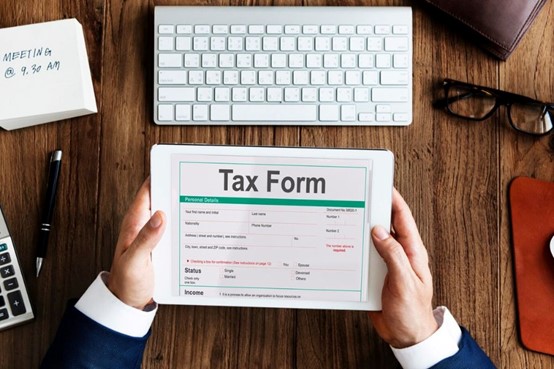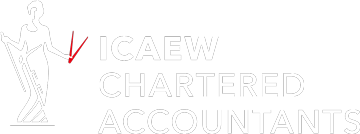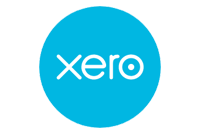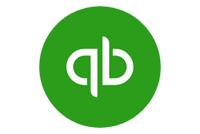Value Added Tax (VAT) is a significant aspect of conducting business in the United Kingdom, particularly for those operating in the realm of e-commerce. With the rise of online transactions and digital marketplaces, understanding VAT obligations is crucial for e-commerce businesses to stay compliant and avoid potential penalties. We’ll explore crucial facets of VAT for e-commerce enterprises in the UK, shedding light on concepts like the One Stop Shop, VAT on marketplace commission, VAT on delivery charges, and other pertinent information.
Understanding VAT Basics:
VAT is a consumption tax levied on the value added to goods and services at each stage of production or distribution.
In the UK, VAT is currently set at a standard rate of 20%, with reduced rates of 5% and 0% applying to certain goods and service
One Stop Shop (OSS) Scheme:
The OSS scheme simplifies VAT compliance for e-commerce businesses by allowing them to declare and pay VAT on cross-border sales of goods and services within the EU in a single member state.
This scheme streamlines VAT reporting and payment processes, reducing administrative burdens for businesses engaged in cross-border transactions.
VAT on Marketplace Commission:
E-commerce platforms often charge commission fees to merchants for facilitating sales through their marketplace.
In the UK, marketplace operators are typically responsible for accounting and remitting VAT on their commission fees.
Merchants should ensure that VAT on marketplace commission is accurately accounted for in their tax filings.

VAT on Delivery Charges:
VAT treatment of delivery charges depends on various factors, including the nature of the goods being delivered and the delivery destination.
Generally, delivery charges associated with standard-rated goods are also subject to VAT at the standard rate.
However, delivery charges for certain goods and services may qualify for reduced VAT rates or exemptions.
Compliance and Record-keeping:
E-commerce businesses must maintain meticulous records of their sales, purchases, and VAT transactions to ensure compliance with HM Revenue & Customs (HMRC) regulations.
Utilizing robust accounting software and implementing effective internal controls can facilitate accurate VAT reporting and reduce the risk of non-compliance.
Stay Informed and Adapt:
VAT regulations in the e-commerce sector are subject to change, particularly in the wake of Brexit and evolving international tax policies.
Businesses should stay abreast of updates from tax authorities and seek professional advice to navigate regulatory changes effectively.
In summary, understanding VAT regulations is crucial for e-commerce businesses operating in the UK. The topics cover essential aspects to consider when engaging in e-commerce ventures. At Majestic Accountants, our team of trained professionals is equipped to assist you with your business needs. For further information, please reach out to us at staff@majesticaccountants.com.












